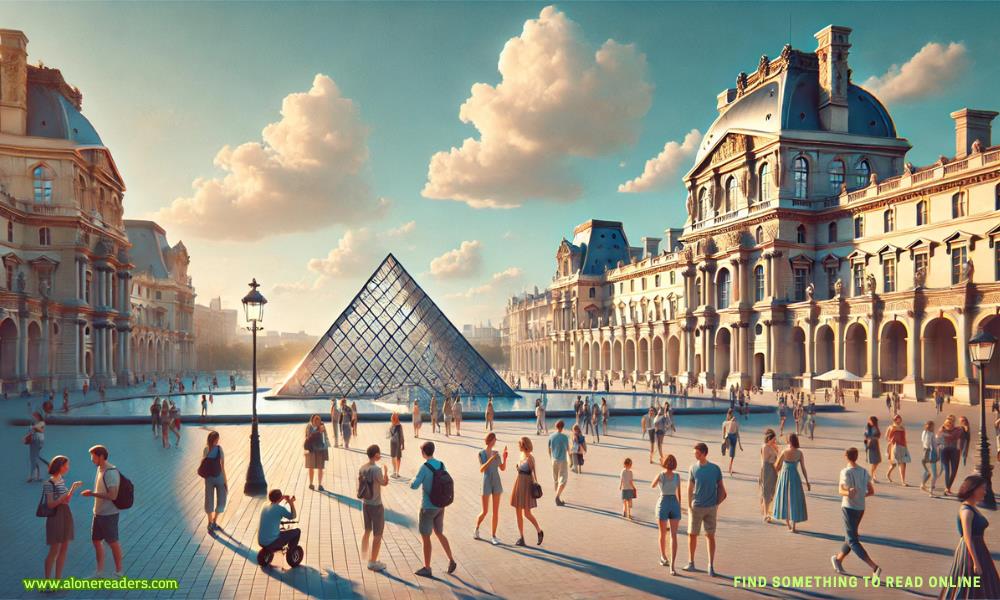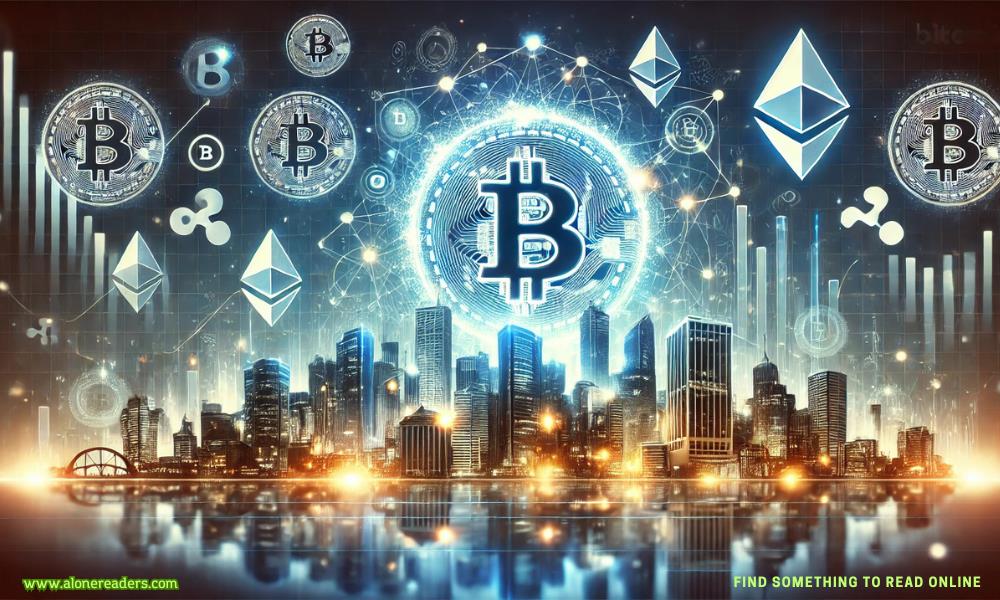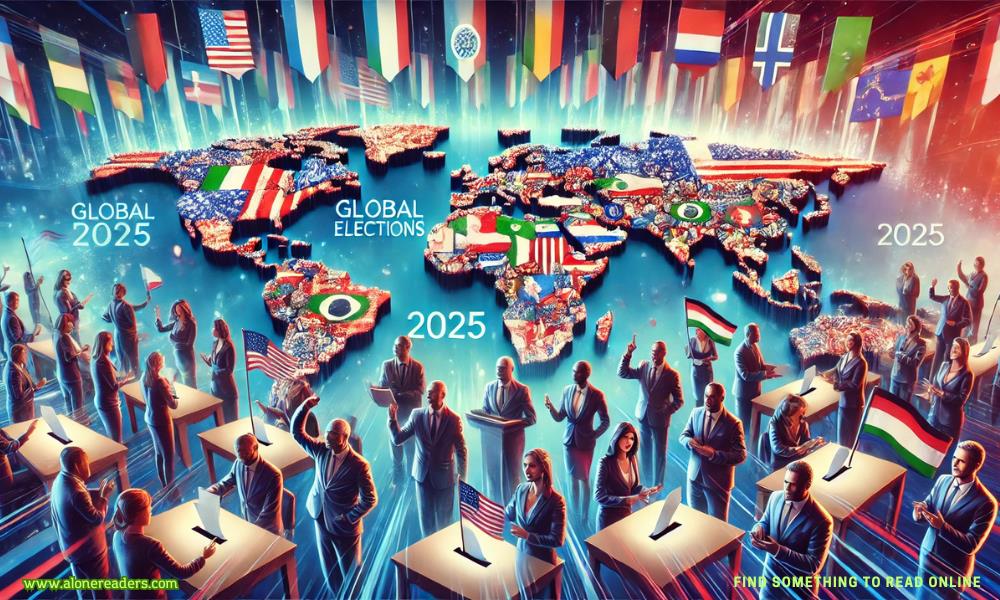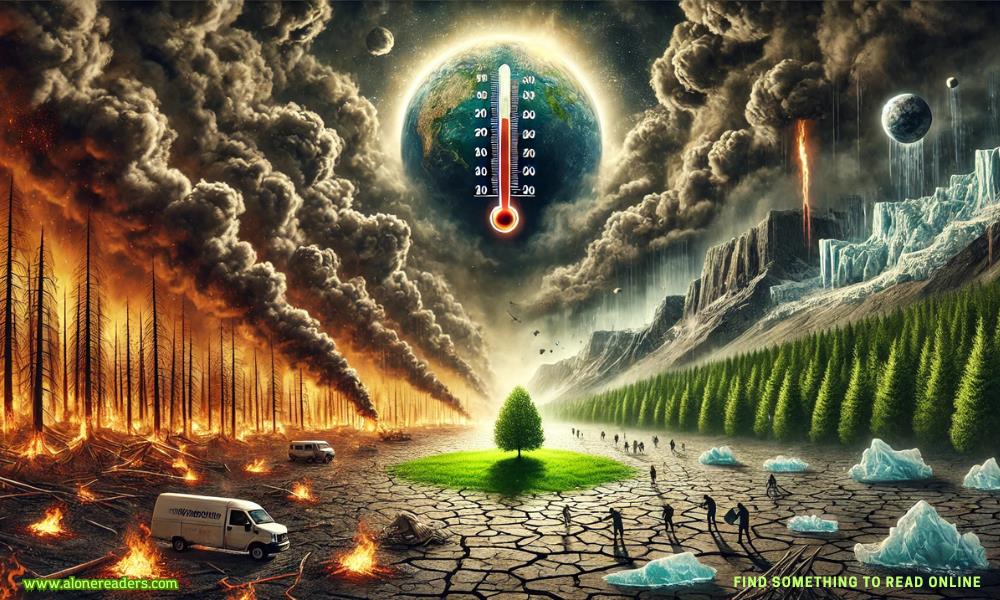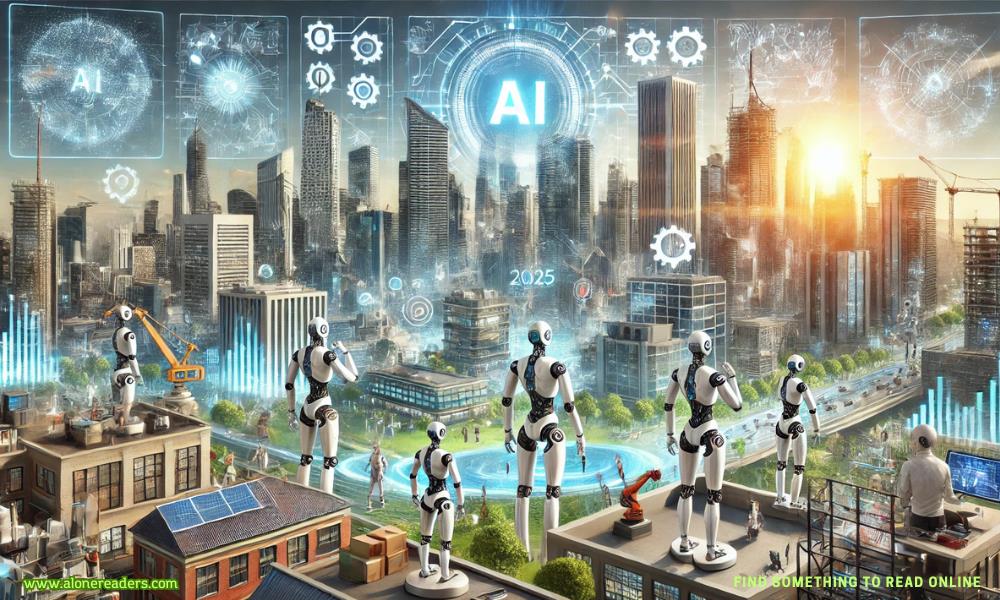Page 9 of Mission Shift
The dampness of the mattress began to seep through my pants and into my skin, making me fidgety. My body longed for rest, but my mind wouldn’t let me relax. Every creak, every slight sound outside the door set my nerves on edge. But I couldn’t afford to fall apart, not here. I needed my strength, needed my mind clear for whatever came next.
I exhaled slowly, trying to release the tension knotted in my chest. One thing at a time. Rest. Heal. Survive.
Nik would laugh at me if he saw me now. Hell, he’d probably say,“I told you not to be a hero, Braxton. Heroes die young. Why do volunteer work when you could hang out in the beautiful city of Kyiv with even lovelier ladies?”I could hear his rough Russian accent now, mocking and confident. He always seemed untouchable, a guy who could walk into chaos and come out on top without breaking a sweat. That was probably why I’d followed him across the world.
When we’d left New York City in July, it had all seemed like some wild adventure. With his private jets and that air of nonchalance, Nik made it easy to forget who he really was—the acting boss of the Volkovi Notchi, one of Russia’s most powerful mafia syndicates. But he didn’t want the job…or so he claimed. Said he hated the violence, the human trafficking. And yet, he’d slipped back into Russia to deal with them as if it was no bigdeal. I guess blood ties were hard to shake, even for someone like Nik.
The trip itself had been surreal. The weeks in London were a blur of luxury—five-star hotels, private dining rooms, and enough whiskey to make me forget I wasn’t a jet-setting billionaire. But by the time we’d landed in Warsaw, the shine had started to wear off. The road to Kyiv stripped away the last of it. It was there we encountered checkpoints manned by soldiers barely old enough to shave and families struggling to get by.
Nik had kept himself busy in Kyiv, juggling business and mafia bullshit, while I’d signed on with the Global Food Outreach. It had given me a sense of purpose, a distraction from the growing pit in my stomach that materialized every time I thought about the war. I’d told myself I was here to help, that I could make a difference—whether it was delivering meals or patching up wounds.
Then the van had been ambushed.
And now I was here, stuck in some Russian hellhole, trying to piece together how everything had gone so wrong. What had I been thinking, following Nik halfway across the world like some starry-eyed kid chasing adventure? Maybe it was because, after spending my entire life within the same familiar boundaries of Tacoma—working the same job, eating at the same diners, hearing the same stories—I’d begun to feel restless, like I was living only half a life. When Nik had appeared, offering glimpses of a world far bigger than my own, I found myself suddenly craving adventure—the kind of experience that only came from stepping beyond everything I’d ever known, connecting with people in places I’d never imagined myself seeing. Surely, there was more to life than the grind back in Tacoma. Or maybe it was because, deep down, I wanted to prove to myself that I wasn’t justthe quiet Thorin brother, the one who faded into the background.
But thinking about my own predicament felt selfish when I compared it to what the Ukrainians were having to endure. It wasn’t that they were broken. No, they were strong. They kept moving forward, fighting with everything they had amidst unfair circumstances. Hell, they were so resilient that they managed to keep their trains running on time and their kids in school. They moved their lives forward despite Russian attacks. I thought about the kids I’d seen in evacuation centers. They were too young to understand the full gravity of the war, yet their eyes held a quiet strength, as if they had already learned to endure what they couldn’t control. Everywhere I had traveled, I’d seen farmers who refused to abandon their land despite the danger, soldiers who fought like hell—not just out of duty but because they believed in something greater. Ukrainians were tough people who just wanted Putin to stop the violent terrorism against them.
Putin’s greed had carved scars into this part of the country, turning once-thriving towns into battlefields. His vanity war wasn’t just destroying Ukraine; it was devouring his own people too. Russian soldiers—many of whom were conscripts who didn’t even want to be here—were sent to fight for a regime that didn’t care if they lived or died. The thought made my blood boil.
I exhaled slowly, trying to quiet my thoughts. I needed to sleep, conserve my energy. If I had any shot at making it out of here alive, I couldn’t waste my time on regrets.
As much as I hated to admit it, Nik had been right—I should have stayed in my lane, stayed in Kyiv to relax and soak in the sights. This wasn’t exactly my finest moment. But I didn’t regret coming here, not entirely. Even if this was the end for me, I had made a difference, however small, in the world.
Hours later, a burly guard with a scar running down his cheek shoved open the door to my cell. “Get up,” he barked in heavilyaccented English. He didn’t wait for me to move; he just reached in and yanked me out by the arm like I was some stray dog.
“All right, all right,” I said, wincing as his grip tightened. My ribs protested with a sharp jolt of pain. The man tugged me down the dimly lit corridor, muttering in Russian.
The room he took me into was similar to the one I’d passed through before being taken to my cell. In this one, however, a long metal table sat in the center, bolted to the floor. Next to it stood a rolling medical stand holding tools—pliers, a car battery with attached clamps, and other contraptions that left little to the imagination. The walls were bare except for a single poster of some military leader, the colors of which were faded and the corners curled.
“Sit,” the guard with the scar ordered, shoving me into a metal chair that screeched against the floor. He loomed over me, his fingers thumping against the top of the table. Another man stood in the corner, arms crossed, his gray eyes watching with a kind of dark fascination that made my skin crawl.
The guard with the scar leaned in. “Who are you? Who sent you?” His thick accent mangled the words.
I stared at him as though I didn’t understand him. “Sorry, I don’t speak Russian.”
His brow twitched, and his lips curled back into a snarl. “You understand me,” he snapped. “Answer now.”
“Braxton Thorin.” I refused to say more.
He slammed his hand onto the table, rattling the nearby tools. “What are you doing in house? So close border?” He jabbed a finger at my chest. “Why American here?”
I glanced at the tools again, my mouth suddenly dry. “I’m a volunteer, a paramedic,” I said, keeping my tone as even as I could manage. “I work with the Global Food Outreach. We bring meals to people in war zones. That’s all.” I pointed to the medic’s patch on my sleeve and then the logo on the front pocket of myshirt, throwing up my hands in frustration. What else could I possibly provide?
The gray-eyed guard stepped forward. “Bullshit.” He pulled out his phone and thumbed through it. “See what happens to spies.” He tapped on a few buttons before shoving it in front of my face. The screen played a grainy video of a man tied to a chair eerily similar to the one I was in. A guard was gripping him by the throat and chin as water from a hose poured over his face, making him thrash against his restraints. Another clip followed—someone screaming, their cries muffled by a gag, their skin slick with blood and sweat.
He slammed his palm on the table. “Why no ID? No phone?”
My stomach twisted, and I clenched my hands into fists under the table to keep them from shaking. That piece of information caught me off guard. They had my ID and phone, right? Didn’t they already know my name, and more? It had all been in my backpack, which the Ice Queen had made it a point to retrieve. I had assumed she would have given it to them.
“I lost them,” I said, my throat tightening. “I’ve told you why I’m here. My group was ambushed north of Chernihiv. We were bringing food to starving villagers. That’s it. Shells hit us out of nowhere, and I got separated. I ran. Found the house. There’s no more to tell.”
“Liar,” the scarred guard hissed, hammering his fist on the table. “American spy. You think we are fools?” He circled me, gesturing to the other man, who hauled over a contraption that looked like a medieval torture device.
“This,” the gray-eyed guard said, pointing at it, “is for fingers. You lie, you lose one. Maybe all.”
He grabbed my hand, forcing it into the device. I struggled against him, but he viciously pulled my arm, hurting my ribs again, so I stopped resisting. The cold metal bit into my skin as he tightened the mechanism, his smile a slow, cruel thing. Mypulse roared in my ears, and I frantically tried to pull my hand free from the device.
“Stop!” I shouted, jerking my head back. “I’m telling the truth!”
- The Sheikh and the Single Mom by Holly Rayner
- Extra Tight by A.R. Taboo
- Dominance by Lisa Cullen
- Buried by T.O. Smith
- Savage Claim by Bella Ash
- Savage Proposal by Bella Ash
- Inappropriately Matched by Chloe Kent
- Wilde Secrets by Melanie Hepburn
- The Devil's Torment by Tracie Delaney
- Ms. Mosley by Talena Tillman
- Stricken by N.N. Britt
- Unspoken by N.N. Britt
- Isaac by N.N. Britt
- Past Lovers by Kelex
- Bitten by Kelex
- Best Friends by Kelex
